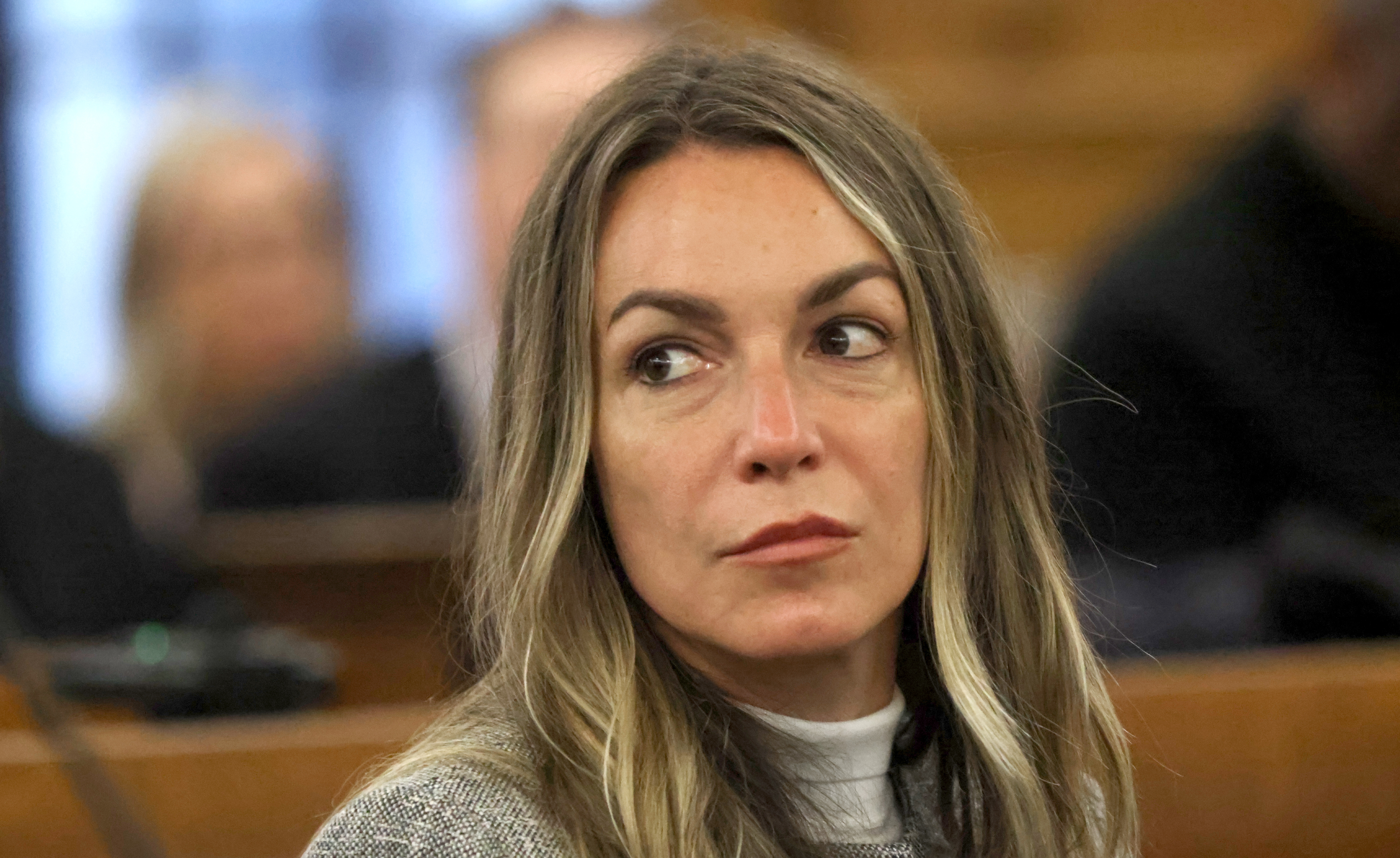NBC10 Boston and necn, in partnership with Suffolk University, presented a live broadcast on Oct. 24 surrounding "Question 1: The Nurse Staffing Debate."
Question 1 in Massachusetts would require hospitals to follow strict guidelines mandating nurse-to-patient ratios — typically about four patients per nurse.
The debate was moderated by NBC10 Boston anchor Shannon Mulaire and held inside Suffolk University's Modern Theatre in Boston. Karen Moore, the senior vice president of operations at Lawrence General Hospital, represented the no vote whie Donna Kelly-Williams, the president of the Massachusetts Nurses Association, advocated the yes vote. Each participant has more than 40 years experience as a nurse.
Join the discussion on social media using the hashtag #nbcq1debate.
"I am urging a no vote on this question because of the rigid limits it would set for nurses," Moore said in her opening remarks.
"Ballot Question 1 is about setting a safe maximum limit to the number of patients that are assigned to a registered nurse at one time," Kelly-Williams said. "This is critically important for the safety of patients that are in the hospital."
Kelly-Williams focused on the importance of preventing nurses from being forced to tend to too many patients at once.
"Study after study has shown that when nurses have too many patients at one time, bad things happen to patients," she argued. "Increased risk of infection, medical errors, medical complications. That's why it's so important to have this safe limit to the number of patients assigned to a registered nurse. And quite simply, if you're the patient in the hospital, do you want your nurse taking care of four patients, or do you want your nurse taking care of eight patients?"
Moore argued that ratios set by the government are not the answer for hospitals.
"If you work on an assembly line, it may make sense to set ratios. But when you work in a dynamic setting of patient care, that takes knowledge, work and decision-making moment by moment, rigid ratios do not make sense," she said.
According to Moore, models have shown such ratios would cause problems for patients and hospital workers.
Local
In-depth news coverage of the Greater Boston Area.
"They cause declines, delays and dilemmas for hospitals and people who work in them," Moore said. "Declines in patient beds will occur. Delays in our already crowded emergency rooms, and dilemmas for nurses and others who will have to make decisions to withhold care from patients when they're capable of doing that, but a law will prevent them from doing that."
Kelly-Williams, meanwhile, said the question was not about government mandates, but keeping patients safe.
"It was not, and never has been, a rigid, mandated government ratio. This is about a maximum safe patient limit for all patients that are in the hospital setting," she said.
The two sides have disputed the projected costs of implementing the measure. The independent Health Policy Commission concluded hiring enough extra nurses — somewhere between 2,300 and 3,200 full-time workers — would coast from $650 million to $950 million a year.
Yes on 1 advocates have argued it would only cost between $35 million and $47 million.
"Hospitals can well afford this," Kelly-Williams said Wednesday. "They are a $28 billion industry."
Moore argued that $1 billion was a "conservative number," and that costs could be higher.
"Some have referred to this in the media as a 'billion-dollar experiment,' for which the proponents of this bill have no evidence that will actually improve care. If it did that, maybe it would be worth it. But a billion dollars? That is a significant impact that would not hit all hospitals equally," Moore said.
Moore asked Kelly-Williams about polls showing that nurses are split on the issue, saying some in the Massachusetts Nurses Association are planning to vote no.
"Any nurse that's at the bedside — most nurses are for it," Kelly-Williams said. "As the nurse at the bedside, I am legally responsible for that patient in that bed. It is my assignment that I am legally responsible for. And that is why nurses that are at the bedside are 100 percent in favor of ensuring that their patients are safe at all times when they are in the hospital."
Telemundo Boston will air the recorded debate in a half hour special “Pregunta 1: El debate del personal de Enfermería” on Sunday, Oct. 28, at 6 p.m.
See below for our previous coverage of the controversial ballot question:



